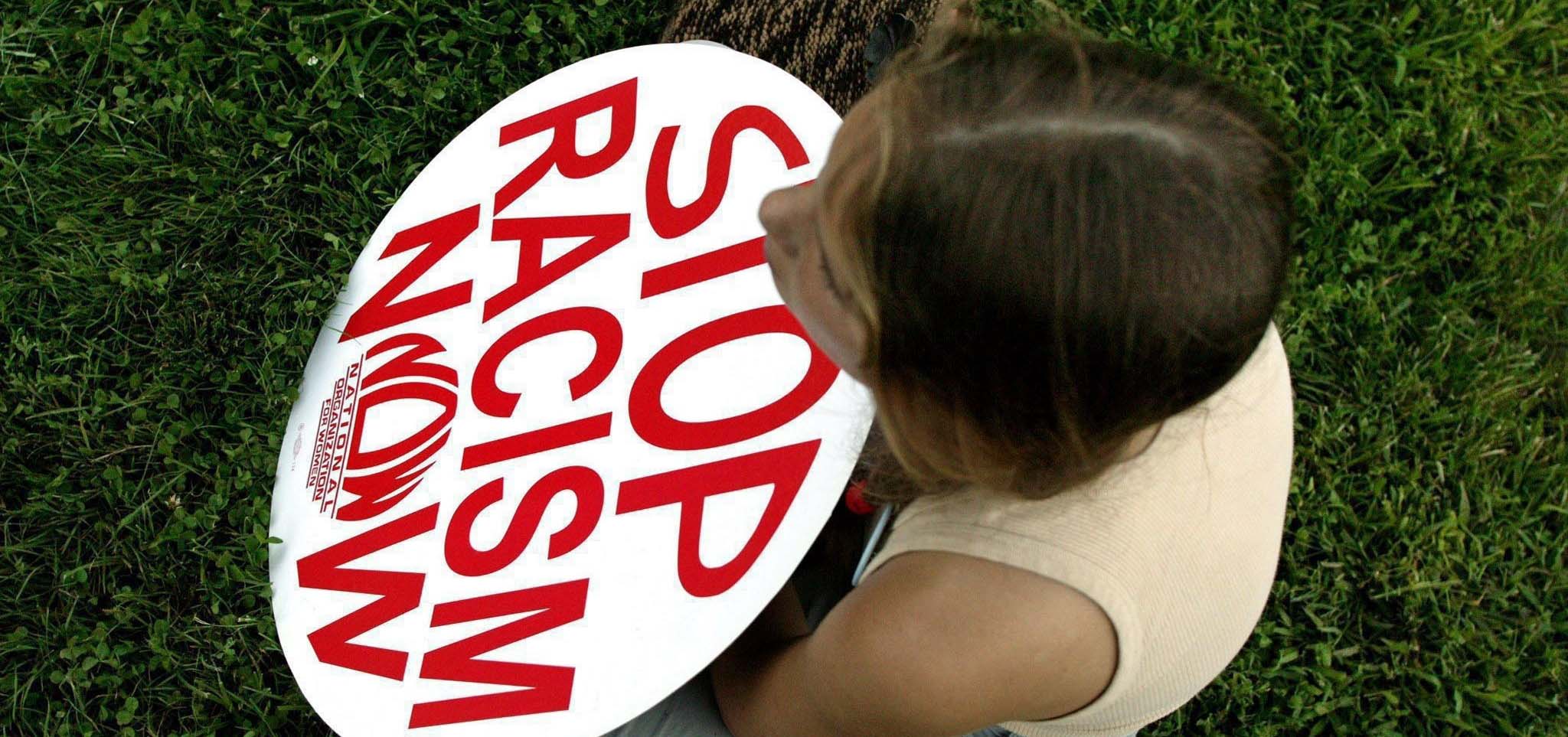
Inventory of historic Latino sites in Denver seeks to combat racism
An initiative to protect and celebrate Latino and Chicano history in Denver also seeks to combat racism.
An initiative will generate an inventory of historic buildings linked to Latino/Chicano culture in Denver Colorado, seeking to be a starting point to combat systemic racism and economic inequality in this city. Rowena Alegría, Chief Storyteller for the City of Denver told EFE: "I am very proud to work on this unprecedented project that not only wants to recognize the history and contributions of the Latino and Chicano communities in Denver, but also to preserve those contributions."
This catalog of Denver buildings and sites historically associated with Latino culture came about in response to protests in the city in the mid-2020s against police brutality and for greater social justice. In a region where, according to the Census Bureau, nearly one-third of Denver residents are of Latino origin, and more than half of the student body (52%) is Latino, this project represents a political stance that advocates for inclusion.
The project emerges as a quest for representation and recognition of the histories of the Latino and Chicano community in Denver.
RELATED CONTENT
"Our histories are important, as are all the histories of marginalized communities. This is the time for the power of those histories, including oral histories, to impact public policy that will help us protect the legacy of our communities for future generations," added Alegria.
To complement the process, survey-based research and virtual workshops will be developed for Denver's Latino and Chicano community to collect data and even artifacts to reconstruct in detail the history of Latinos from their arrival in the city in the mid-19th century to the present. In the beginning this initiative will work mapping historical and representative spaces for the Latino community but expects in the following months and years, that it will be extended to African American, Asian and Native American groups.
The cultural products expected to be developed from this initiative, such as the production of mini documentaries created from the histories and traditions of Latino and Chicano families, will be part of this work.
From their voices, the demand for the recognition of "economic inequality and systematic racism" is the first step to combat the historical discrimination of these communities.











LEAVE A COMMENT: